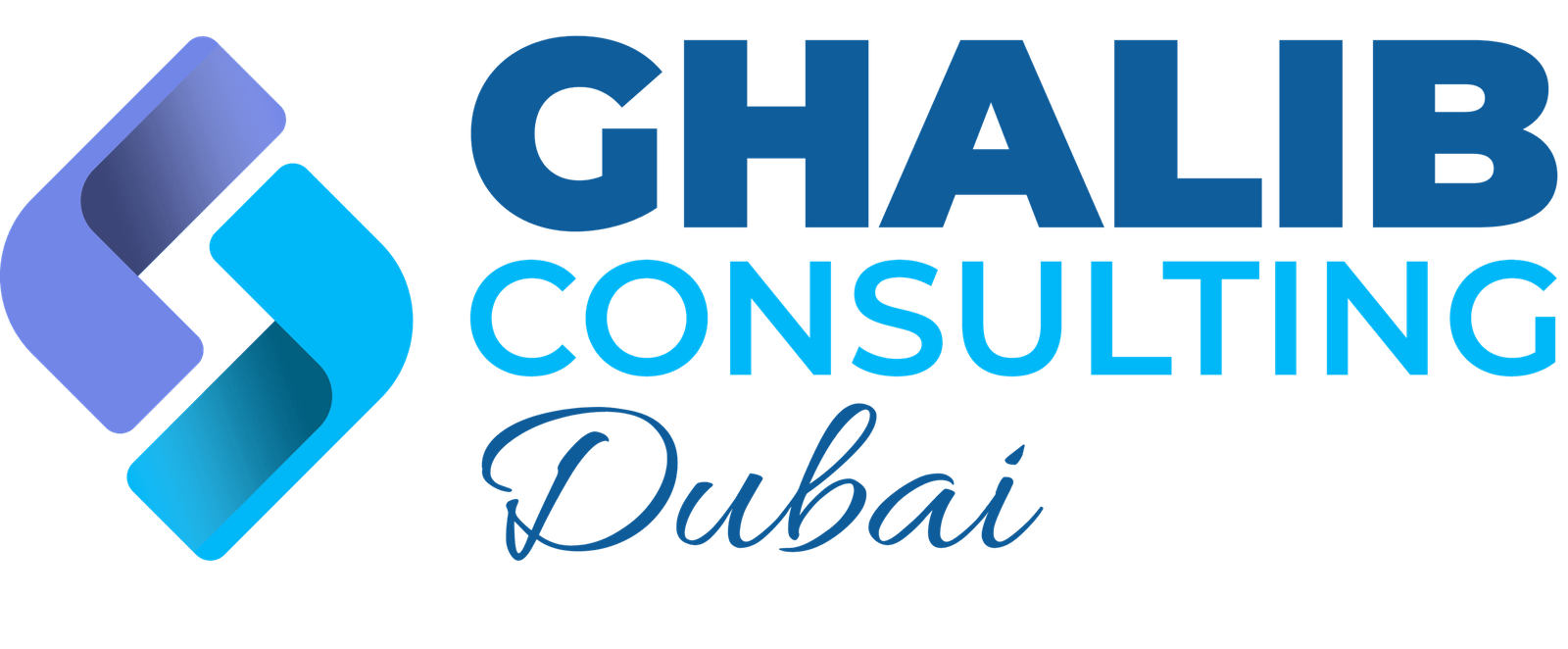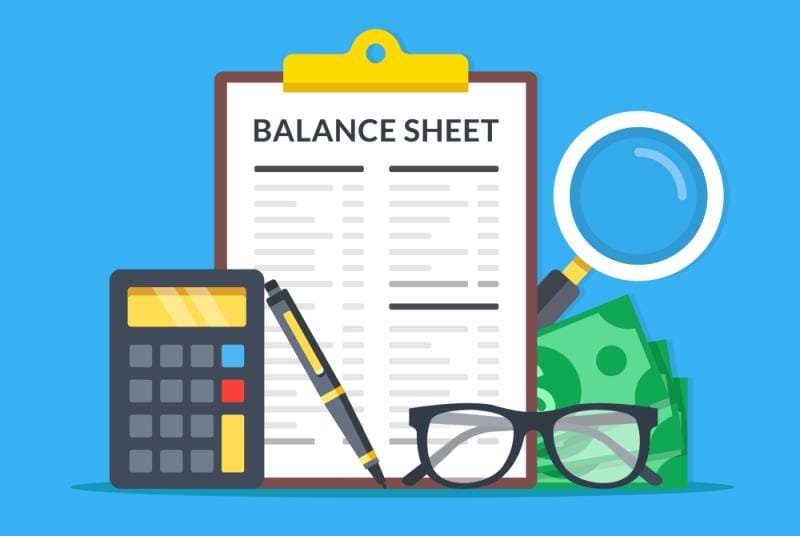Phone: +966-50-7024644 | Email: info@ghalibconsulting.com
Table of Contents
Balance Sheet Management Guide for Small Businesses in Dubai | Ghalib Consulting
A balance sheet is one of the most critical financial statements for any small business. It provides a snapshot of your company’s financial health by detailing assets, liabilities, and equity at a specific point in time. For small businesses in Dubai, effectively managing a balance sheet is essential for securing loans, attracting investors, and ensuring long-term sustainability.
In this guide, Ghalib Consulting breaks down how small businesses in Dubai can master balance sheet management to drive growth and financial stability.
https://images.unsplash.com/photo-1554224155-6726b3ff858f?ixlib=rb-1.2.1&auto=format&fit=crop&w=1200&q=80
Image: A well-managed balance sheet is key to business success.
1. Understanding the Balance Sheet
A balance sheet follows the fundamental equation:
Assets = Liabilities + Owner’s Equity
Key Components:
✔ Assets: What your business owns (cash, inventory, equipment).
✔ Liabilities: What your business owes (loans, accounts payable).
✔ Equity: Owner’s investment + retained earnings.
https://images.unsplash.com/photo-1454165804606-c3d57bc86b40?ixlib=rb-1.2.1&auto=format&fit=crop&w=1200&q=80
Image: The three core sections of a balance sheet.
2. Why Balance Sheet Management Matters for Dubai SMEs
A. Improves Financial Decision-Making
- Identifies cash flow gaps before they become critical.
- Helps assess debt repayment capacity.
B. Enhances Business Credibility
- Banks and investors in Dubai require balance sheets for funding approvals.
- Builds trust with suppliers and partners.
C. Ensures Compliance with Dubai Regulations
- Accurate financial reporting is mandatory for Dubai mainland and free zone businesses.
3. Best Practices for Managing Your Balance Sheet
A. Regular Updates
- Update monthly to track financial changes.
- Use accounting software like QuickBooks or Xero for accuracy.
B. Monitor Key Ratios
- Current Ratio (Current Assets / Current Liabilities) → Measures liquidity.
- Debt-to-Equity Ratio (Total Liabilities / Equity) → Assesses financial leverage.
C. Optimize Working Capital
- Reduce excess inventory.
- Negotiate better payment terms with suppliers.
https://images.unsplash.com/photo-1553729459-efe14ef6055d?ixlib=rb-1.2.1&auto=format&fit=crop&w=1200&q=80
Image: Tracking financial ratios helps maintain stability.
4. Common Balance Sheet Mistakes to Avoid
❌ Mixing Personal & Business Finances → Keep separate accounts.
❌ Ignoring Depreciation → Account for asset value reduction.
❌ Overlooking Contingent Liabilities → Plan for potential debts.
5. How Ghalib Consulting Can Help
We provide balance sheet management services for Dubai SMEs, including:
✅ Financial Statement Preparation
✅ Ratio Analysis & Performance Review
✅ Tax Optimization Strategies
📞 Contact Us Today:
📧 ghalib@ghalibconsulting.com | 📞 *+971-50-XXX-XXXX*
Conclusion
A well-managed balance sheet is the backbone of a financially healthy business. For small businesses in Dubai, mastering balance sheet management ensures compliance, improves funding opportunities, and supports sustainable growth.

